Faced with the increasingly strong development of the functional food and dietary supplement market in the digital environment, the Ministry of Health is seeking comments on the draft amendment and supplement to Decree 15/2018/ND-CP, with many new regulations to tighten management, especially post-inspection of products consumed through e-commerce platforms.
 |
| Illustration photo. |
According to the new draft, in addition to traditional post-inspection contents such as standard inspection, traceability, and sampling, the authorities will compare product information on digital platforms with reality. This includes comparing advertising content, images, and product labels between e-commerce platforms and actual circulating goods.
This is a completely new point, not mentioned in the current Decree 15. The Ministry of Health emphasized that this cross-checking step is to control the situation of advertising false effects, causing confusion for consumers.
The draft also clearly stipulates cases that are subject to surprise post-inspections, including when there are signs of violations, feedback from people, warning information from within and outside the country, or during peak periods of food safety inspections.
The post-inspection includes checking compliance with declared standards, labels, related documents, traceability and factors affecting product quality and safety. If there is any doubt, the competent authority will take samples for testing according to regulations.
Notably, the Ministry of Health proposed adding the right to revoke legal documents such as: Food safety certificates, advertising content confirmation certificates, product declaration acceptance certificates, to increase deterrence and ensure information transparency.
Under current regulations, dietary supplements are classified as “pre-packaged processed foods” and are self-declared.
However, many businesses have taken advantage of this loophole to "label" health protection products as dietary supplements, thereby avoiding regulations on advertising inspection and declared content.
This draft adds a mandatory requirement to register product declarations for dietary supplements, and controls advertising content and uses. The Ministry of Health also clearly proposes the role of the agency receiving the dossier, requiring appraisal, public posting and appropriate post-inspection planning.
Food groups such as health protection foods, medical nutritional foods, foods for special diets and nutritional products for children over 36 months will have to register a declaration before circulation, instead of just self-declaring as before.
In addition, facilities producing this special product group will have to meet GMP, HACCP, ISO 22000 or equivalent standards, instead of just meeting normal food safety conditions.
The goal is to strictly control ingredients, quality, and uses from the research stage to market circulation, avoiding the situation where businesses "mix" many ingredients that have no real uses just for advertising purposes.
The Ministry of Health also proposed to develop a code of conduct for food advertising, which emphasizes monitoring both the implementers and the advertising carriers (KOLs, celebrities) and publicizing the sponsorship relationship between them and the business.
On the state management side, the Ministry of Health proposed connecting data between ministries and localities through the National Public Service Portal to ensure unified post-inspection, sharing of results and tracing of origins nationwide.
The draft also adds a mechanism to control products and raw materials initially produced for export but then transferred for domestic consumption, to avoid the situation where substandard domestic goods still slip through the net.
Source: https://baodautu.vn/kien-nghi-hau-kiem-ca-thuc-pham-chuc-nang-tren-san-dien-tu-d321314.html








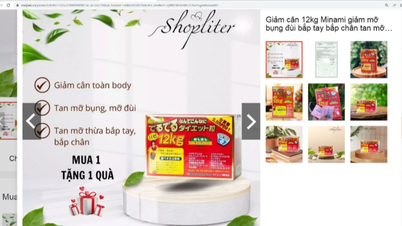


























![[Photo] Urgently help people soon have a place to live and stabilize their lives](/_next/image?url=https%3A%2F%2Fvphoto.vietnam.vn%2Fthumb%2F1200x675%2Fvietnam%2Fresource%2FIMAGE%2F2025%2F12%2F09%2F1765248230297_c-jpg.webp&w=3840&q=75)


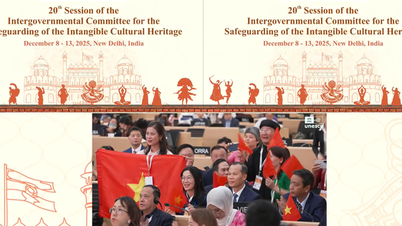




















































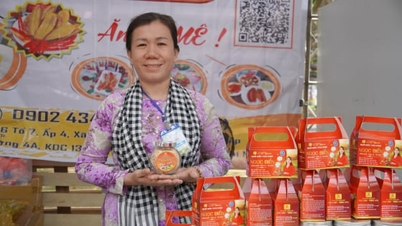
















Comment (0)